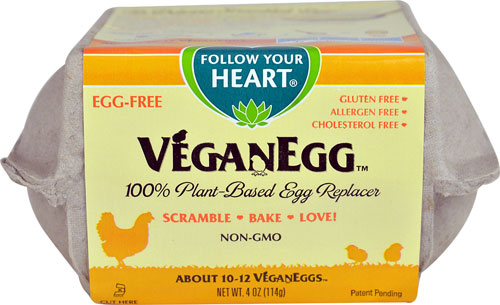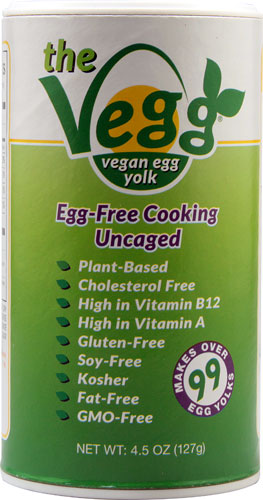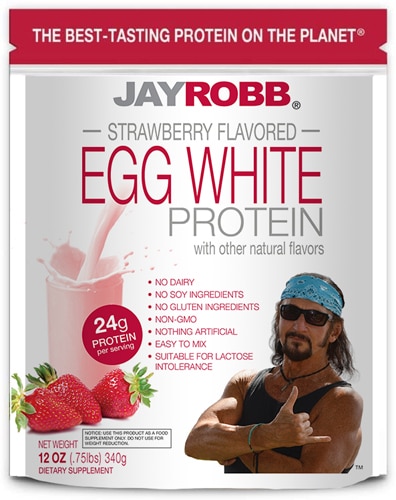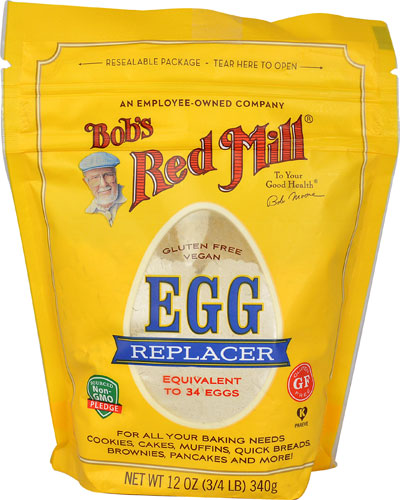A relatively new hen on the block is scrambling long-held perceptions about what constitutes a humanely produced egg.
You’ve certainly seen cage-free eggs and free-range eggs at your local grocery store. Today, there’s another egg option in the dairy aisle: pasture-raised eggs. Actually, pasture-raised eggs have formally been around since 2007, but their popularity and reputation have been growing in recent years.
No one knows precisely how many of the nearly 102 billion chicken eggs produced last year in the U.S. were pasture-raised, but industry observers say pasture-raised eggs make up only a small portion of the U.S. egg market. (Factory farms, where hens live in crowded conditions, still crank out most of America’s eggs.)
So, what sets pasture-raised eggs apart from their cage-free and free-range counterparts?
The U.S. Department of Agriculture (USDA) says a carton of cage-free eggs carrying a USDA label, such as “Grade A” or “USDA Organic,” must be laid by hens housed in a building, room or other enclosed area that allows unlimited access to food and water, and provides the “freedom to roam” within that space during the laying cycle.
The USDA’s free-range labeling goes a step further. A USDA-stamped carton of free-range eggs must come from hens housed in a building, room or area that allows unlimited access to food and water, and provides “continuous access” to the outdoors during the laying cycle. The outdoor area can be fenced or covered with a netting-type material.
The USDA hasn’t established specifications for pasture-raised eggs. However, a nonprofit group called Humane Farm Animal Care has set standards for cage-free, free-range and pasture-raised eggs:
- Every Certified Humane cage-free, egg-laying hen must have at least 1.5 square feet of space, litter for dust bathing and access to bird perches, and can be subjected to only low levels of ammonia.
- Every Certified Humane free-range, egg-laying hen must have at least 2 square feet of space, must be outdoors if the weather permits and must be outside for at least six hours a day when it is outdoors. A hen in this category also must meet the cage-free standards.
- Every Certified Humane pasture-raised, egg-laying hen must have at least 108 square feet of space, and the places where a hen spends time must be rotated. All the hens must be able to live outdoors year-round, with mobile or fixed housing available at night to protect them from predators. A hen in this category also must meet the cage-free standards.
Austin, Texas-based Vital Farms, which bills itself as the largest supplier of pasture-raised eggs in the U.S., says confusion reigns regarding eggs that are marketed as humanely produced. In a survey commissioned by Vital Farms, more than 80 percent of American consumers actually described pasture-raised farming when they were asked to define “cage-free.”
“Pasture-raised eggs are simply the best eggs that you can find — laid by hens that get to spend their days outside on fresh pastures, not cooped up in small cages or huddled by the thousands in cage-free barns,” says Dan Brooks, brand communications director at Vital Farms.
“The eggs are simply better in every way. They taste better. They look better. They’re better for you,” Brooks adds. “And the hens that lay them live happy, healthy lives as close to natural as is possible for domesticated animals.”
The pasture-raised eggs from Vital Farms are Certified Humane, according to Humane Farm Animal Care. However, not all Vital Farms eggs are certified as being organic. Other producers of Certified Humane pasture-raised eggs include White Oak Pastures of Bluffton, Georgia, and Ayrshire Farm of Upperville, Virginia.
Aside from the humane approach to producing them, pasture-raised eggs offer nutritional benefits. Eggs that are truly pasture-raised eggs contain more omega-3s, more vitamin E, lower saturated fat and lower cholesterol than other eggs do, according to Marie Burcham, farm and food policy analyst at The Cornucopia Institute, a nonprofit that supports organic and sustainable agriculture.
To check out The Cornucopia’s “scoreboard” for organic eggs, visit www.cornucopia.org/organic-egg-scorecard.
Healthy lifestyle blogger and cookbook author Carissa Bonham, who maintains her own small flock of chickens, says that if backyard farming isn’t an option, you should seek out eggs from local farmers or backyard hobbyists whose hens are given organic feed and are at least free-range. Bonham notes that most of these operators lack organic certification, but you can inquire about how their chickens are raised.
The next best alternative, she says, is to buy organic pasture-raised eggs.
“At a minimum, though, consumers shopping at a store should look for organic certification because those standards guarantee that chickens are fed high-quality food and aren’t treated with antibiotics,” Bonham says.
However, if you’re devoted to eating eggs that are humanely produced, beware of eggs merely labeled “organic,” “natural” or “non-GMO.” None of these categories guarantees that an egg producer adheres to the strictest humane-farming guidelines. Ideally, you should look for eggs that are both pasture-raised and organic.
“Labels are understandably a big source of confusion for consumers! It can make you want to throw your hands up in the air. But with a little knowledge, it’s possible to avoid buying products from animals raised in some of the most inhumane conditions,” according to the Healthy Tipping Point blog.
Interested in egg alternatives? Here are some vegan options to try:
 |
 |
 |





